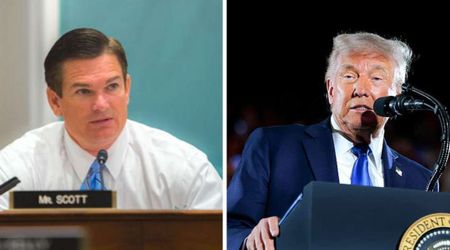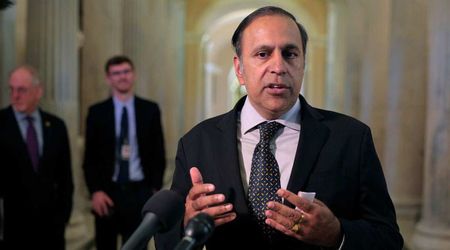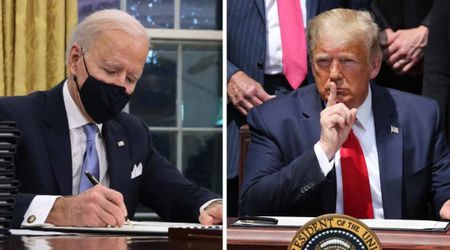Six key questions for Joe Biden and Donald Trump in the eagerly anticipated presidential debate on Thursday

Important questions for Joe Biden and Donald Trump in the upcoming presidential debate
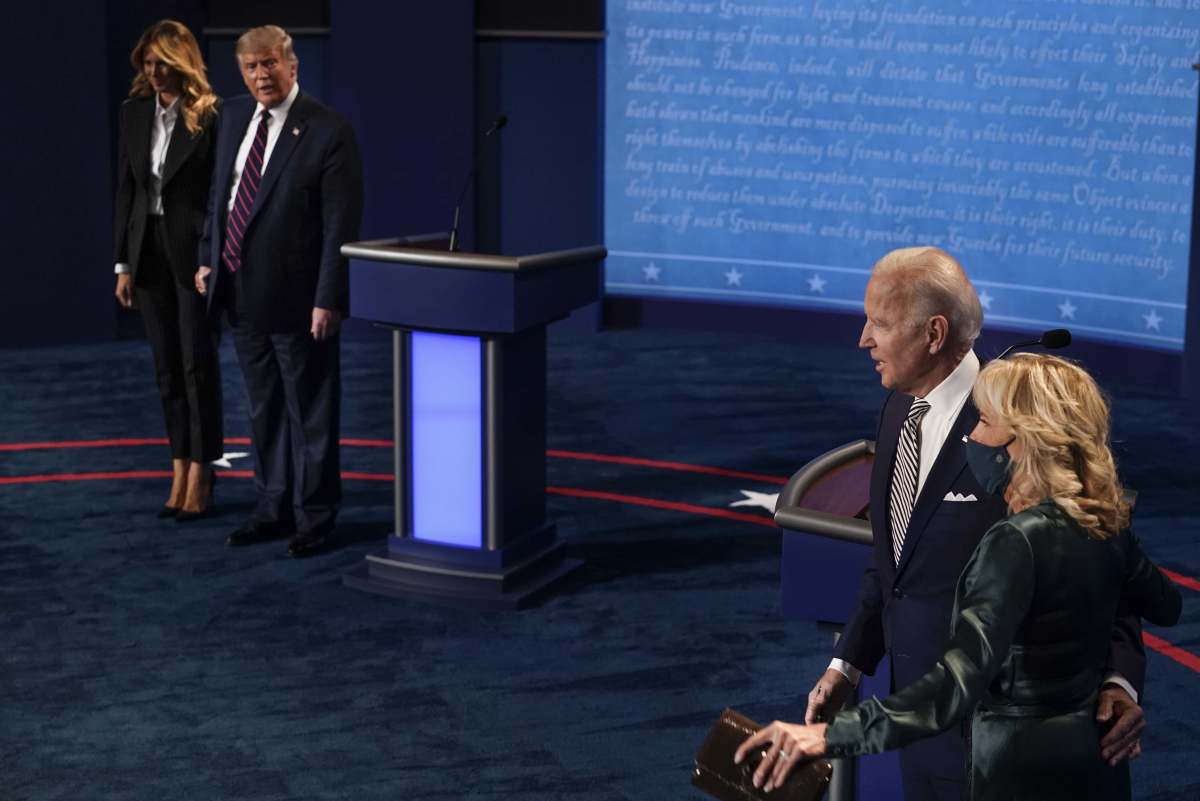
President Joe Biden and former President Donald Trump are set to clash in their first debate of the 2024 election cycle on Thursday, June 27. The showdown is highly anticipated and taking place at a time when polls indicate a very tight race. With months still to go and substantial campaign funds yet to be spent, the debate could significantly impact public perception. The event will be moderated by seasoned CNN anchors Dana Bash and Jake Tapper, who will navigate the 90-minute question-and-answer session. Here are six critical questions Biden and Trump should address, based on suggestions by Olivier Knox from US News & World Report.
1. Ensuring the stability of Social Security

Question: Do you believe Social Security is financially secure? If not, what measures will you take to strengthen it? Context: The Social Security Administration estimates that an average of 68 million Americans will receive benefits each month in 2024. However, there are growing concerns about the program's long-term sustainability unless Congress intervenes. This question not only addresses the future of Social Security but also ties into broader economic issues such as inflation. Many Americans on fixed incomes, particularly retirees, have been significantly affected by recent cost-of-living increases. Both Biden and Trump need to outline their plans to ensure the financial health of Social Security while addressing these economic challenges.
2. Responding to global displacement

Question: The United Nations has reported that by the end of 2023, a record 117 million people were forcibly displaced worldwide due to conflict, crime, and climate change. What role should the United States play in assisting refugees and mitigating the global disruptions caused by these displacements? Context: While this question intersects with immigration issues, it also touches on America’s broader role on the global stage. Biden and Trump have different views on U.S. obligations abroad and its relationships with allies. With the number of displaced people at an all-time high, both candidates must explain how they would balance humanitarian aid with national security and economic stability.
3. Regulating social media for minors

Question: The Surgeon General recently suggested that social media platforms should carry warning labels for minors, similar to warnings on cigarette packs. Do you support this initiative? What restrictions, if any, do you think should be placed on minors' use of these platforms? Context: There is a growing trend among states to limit adolescent access to social media amid concerns about its impact on mental health. However, experts argue that more research is needed to definitively determine these effects. Biden and Trump both have complex relationships with social media, particularly TikTok, which they have considered banning. This question explores their views on federal versus state regulation of social media and their strategies for protecting young users.
4. Making child care more affordable
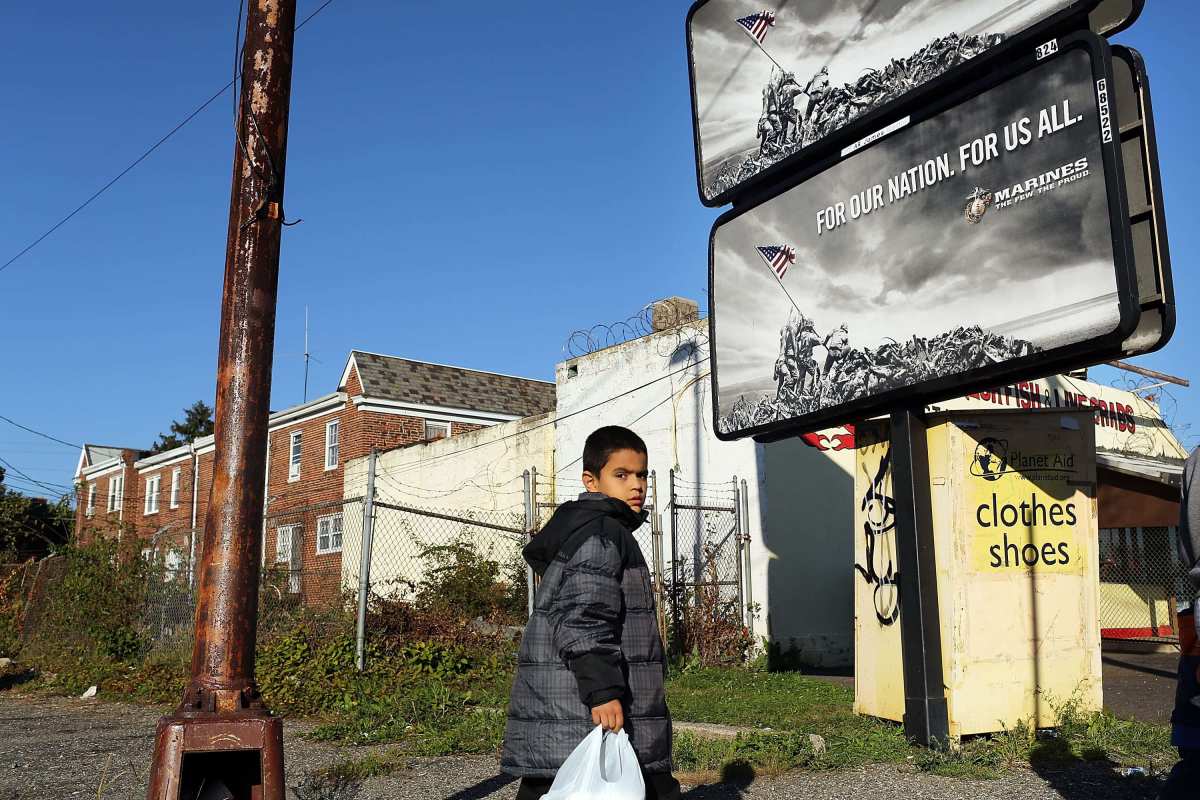
Question: Should the federal government take action to make child care more affordable for families? Context: The Covid-19 pandemic led to increased social spending, which some blame for inflation, but it also provided essential support to millions of families. With many of these programs, including the child care tax credit, now expired, parents are struggling with high child care costs. The rollback of these benefits has contributed to a rise in child poverty. Biden and Trump need to discuss their plans to support families and ensure affordable child care.
5. Supporting family caregivers

Question: If elected, how would you alleviate the emotional and financial burdens faced by family caregivers? Context: AARP estimates that approximately 48 million Americans are family caregivers, with a significant portion being likely voters over the age of 50. These caregivers often face substantial out-of-pocket expenses, averaging $7,200 annually. Veteran pollster Bob Ward notes that family caregiving is a crucial issue that could influence voters. Nancy LeaMond of AARP emphasizes that older voters, who are the most reliable, could sway battleground states. Biden and Trump must present their plans to support family caregivers.
6. Addressing voter discontent

Question: Polls indicate that many Americans are dissatisfied with having to choose between the two of you and wish for different candidates. What would you say to these "double haters" to convince them to vote for you rather than abstaining? Context: There is widespread dissatisfaction with the 2024 presidential candidates, with many voters feeling forced to choose between two undesirable options. Both Biden and Trump appear focused on persuading voters that the other candidate is an unacceptable choice. This question challenges them to appeal to disillusioned voters who might otherwise abstain or cast protest votes.


